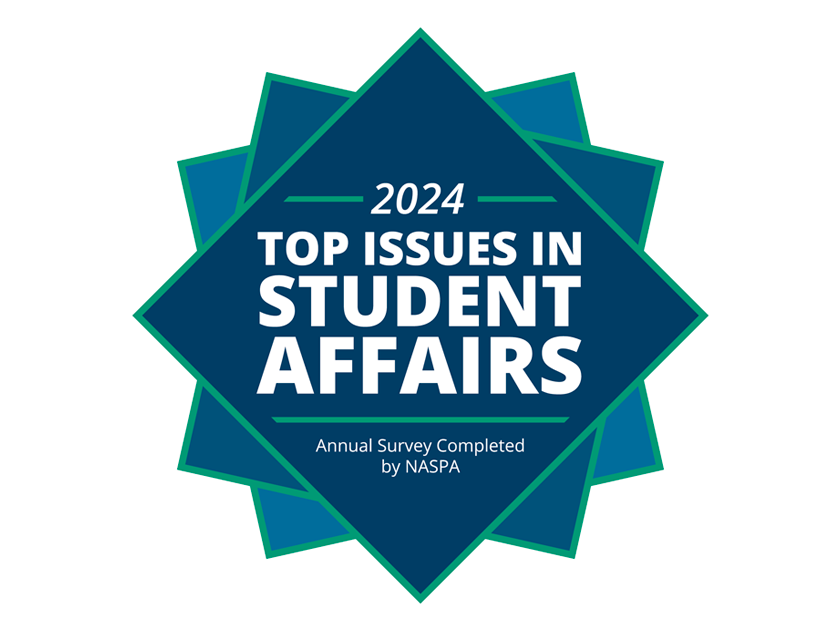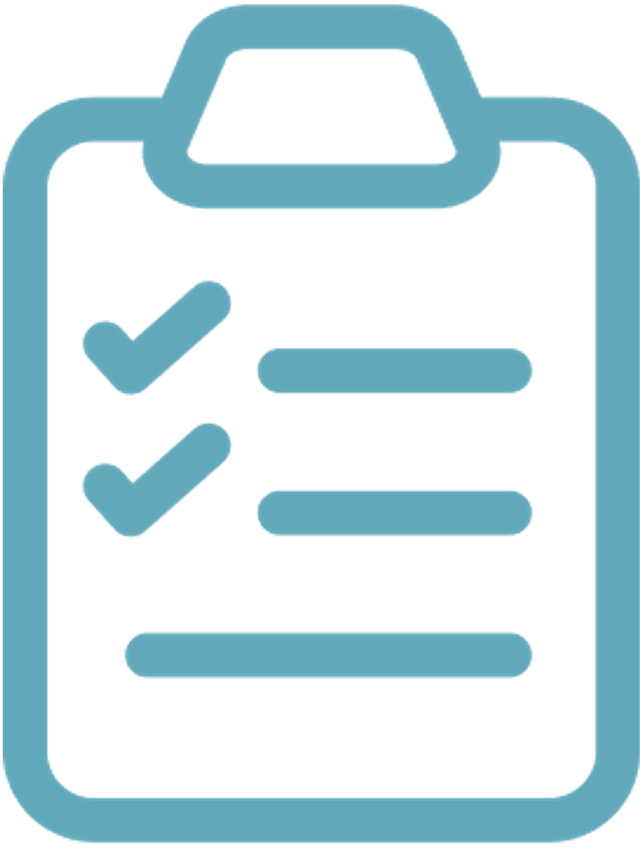Survey respondents were asked to describe what their respective institution is currently working on or preparing to advance as it relates to the most pressing issue(s) in each key area. Reflecting shared challenges across campuses and the interconnected nature of most of the issues facing student affairs, several themes emerged from the survey responses that are relevant across multiple key areas.

Leveraging Strategic Planning
The importance of a division- or institution-level plan in signaling the importance of an issue was highlighted by several respondents. Strategic planning was most often cited in the Health, Safety & Well-Being and the Assessment & Evaluation area sections, although it was mentioned at least once in all of the five key areas. As it relates to addressing mental health needs for students, well-being has been embedded into institutional strategic plans and was cited by senior leaders as being central to driving campus-wide plans forward to address the issue. Responses related to Assessment & Evaluation described efforts to incorporate evaluation metrics into strategic plans to measure progress, inform decisions, and build a campus culture of assessment. Strategic planning as a process can speak to the amount of time and resources dedicated to prioritizing an issue and sustaining focus on it in the future.

Building Staffing Capacity
Investing in staffing capacity and undergoing organizational restructuring were frequently identified by senior leaders as institutional responses to pressing issues in student affairs. Changes to staffing structure not only serves as a response to issues #5 and #8 – Recruiting and retaining high-quality mental health professionals on campus and hiring and retaining staff and faculty – but it also relates to meeting the needs of students, facilitating campus-wide coordination, and operating with limited budgets amidst funding challenges. Several respondents described their institutions undergoing transitions in leadership and hiring new positions to better support implementation of prioritized services. Hiring inaugural leadership positions was especially noted as a response to issues within the Justice, Equity, Diversity, & Inclusion area. As priorities and the scope of supports offered to students evolve, having an entity responsible for overseeing and coordinating efforts is critical. Investing in cross-training, leadership development, and other supportive talent management strategies was also identified as a way institutions are responding to top issues.

Engaging in Cross-Campus Partnerships
Two issues related to collaboration were ranked in the top 10 — increasing campus-wide collaboration and approach to health, safety and well-being (#3) and establishing greater collaboration, cross-functional alignment, and communication (#6) — but the importance of aligning institutional efforts is salient across all five key areas. In the area of Technology & Innovation, some respondents described efforts to work together to streamline platforms and simplify processes while others shared that they are integrating multiple technology systems into student success efforts in a coordinated way to improve communication efforts.
Campus councils and committees were also frequently cited across the key areas as spaces to revise or create new policies and realign efforts in response to issues. Given uncertainty on campuses related to compliance with state and federal regulations (#6), senior leaders noted the importance of coordinating efforts through cross-functional working groups to offer recommendations for ways to continue to effectively support students while navigating legal restrictions. And while using direct feedback from students to improve student supports (#8) is in itself a top issue, institutions are focusing on partnering with students as a part of cross-campus efforts to address a variety of important challenges. In the area of Administration & Governance, several respondents highlighted that their institutions engage directly with students in decision-making, have created a student advisory board, and are working more with student government associations to amplify student voice.







